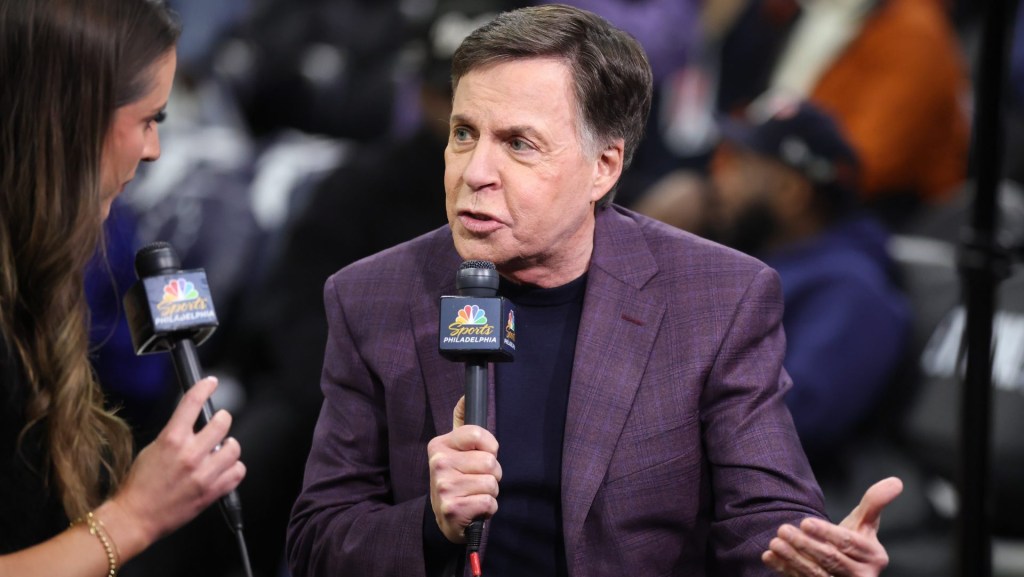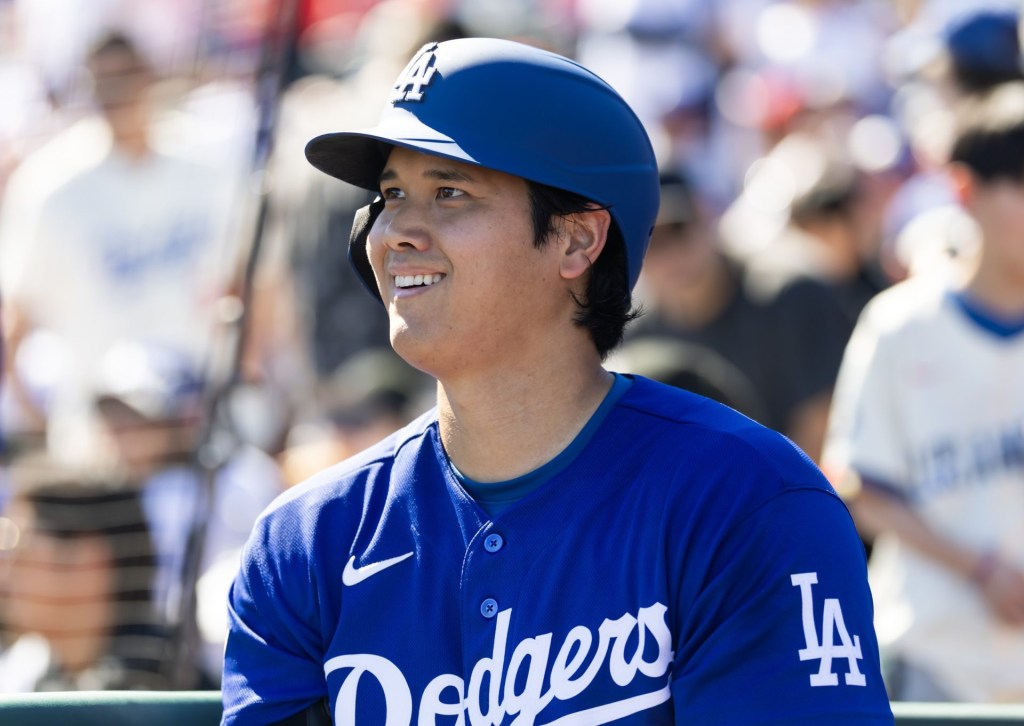ESPN is the WNBA’s biggest media partner. The draft, 25 regular-season matchups, and every single playoff game will appear on ESPN platforms this year.
For that reason, WNBA discourse on ESPN on Monday felt especially questionable.
Pat McAfee attempted to emphasize Caitlin Clark’s talent—not her ethnicity—as the reason for her massive popularity but tore down the rest of the rookie class in the process. He also used an expletive to describe the Indiana Fever rookie.
“I would like the media people that continue to say, ‘This rookie class, this rookie class, this rookie class.’ Nah, just call it for what it is,” McAfee said. “There’s one white b**** for the Indiana team who is a superstar.”
Even though he was supporting Clark, and even though he may have been paraphrasing Chennedy Carter and her viral flagrant foul, McAfee’s word choice was inappropriate as one of the loudest voices of the league’s most prominent media partner. Clark, who was named Monday as the league’s Rookie of the Month, has undoubtedly helped take the league to new heights.
But McAfee’s reduction of the WNBA’s success—and the entire rookie class—to Clark is simply inaccurate.
Rookies have driven interest around the league, going back to this year’s WNBA draft, in which despite the lack of mystery around the No. 1 pick, the event still averaged 2.45 million viewers on ESPN, the biggest audience in more than two decades. In early May, StubHub ticket sales had tripled from last season for the Chicago Sky, who have rookies Angel Reese and Kamilla Cardoso.
The May 16 game between the Los Angeles Sparks and Las Vegas Aces, who have rookies Cameron Brink and Kate Martin, respectively, drew ABC’s third-highest all-time audience for a WNBA game with 1.34 million viewers. Nika Mühl of the Seattle Storm went viral for her delayed WNBA debut tunnel walk, where she wore a shirt with a picture of her approved work visa on it.
As the league’s broadcast partner, it’s in ESPN’s best interest to drum up interest beyond Clark toward the league’s bigger contenders, given the Fever’s 2–9 start. Plus, ESPN is in the midst of negotiating media rights with the NBA, after which it will decide on a new package with the WNBA, so it’s not a good look if the network’s flashiest commentators are disparaging the athletes they cover.
McAfee partially seemed to realize his mistake, and he took to X later Monday afternoon to apologize.
“I shouldn’t have used “white b****” as a descriptor of Caitlin Clark,” McAfee posted. “No matter the context.. even if we’re talking about race being a reason for some of the stuff happening.. I have way too much respect for her and women to put that into the universe.”
McAfee continued that he had intended to be complimentary and had reached out to Clark with an apology. But, he said he stood by everything else he said‚ which would include his inaccurate take about the rookie class. He accompanied his tweet with several hashtags, including “#Journalism,” and a gif of a fired-up Clark.
ESPN and the WNBA both declined to comment on this story.
McAfee wasn’t the only ESPN star to catch some heat after WNBA discussions Monday. A segment from Stephen A. Smith’s First Take went viral following a discussion with analyst Monica McNutt. After discussing the media scrutiny of Black women in the WNBA, Smith rhetorically asked McNutt who covers the league more than First Take; McNutt replied that Smith could’ve been doing this for years. Smith later posted a follow-up video about the incident, where he took credit for helping to raise the profile of McNutt and other female analysts, which brought more scrutiny on social media.
“Why are these professionals struggling with HOW to respectfully discuss women? These are HUGE platforms this language is being used on!” posted ESPN personality Ros Gold-Onwude, referring to McAfee, Smith, and Austin Rivers, who on June 1 referred to WNBA and women’s college basketball players as “girls” in a video on social media.
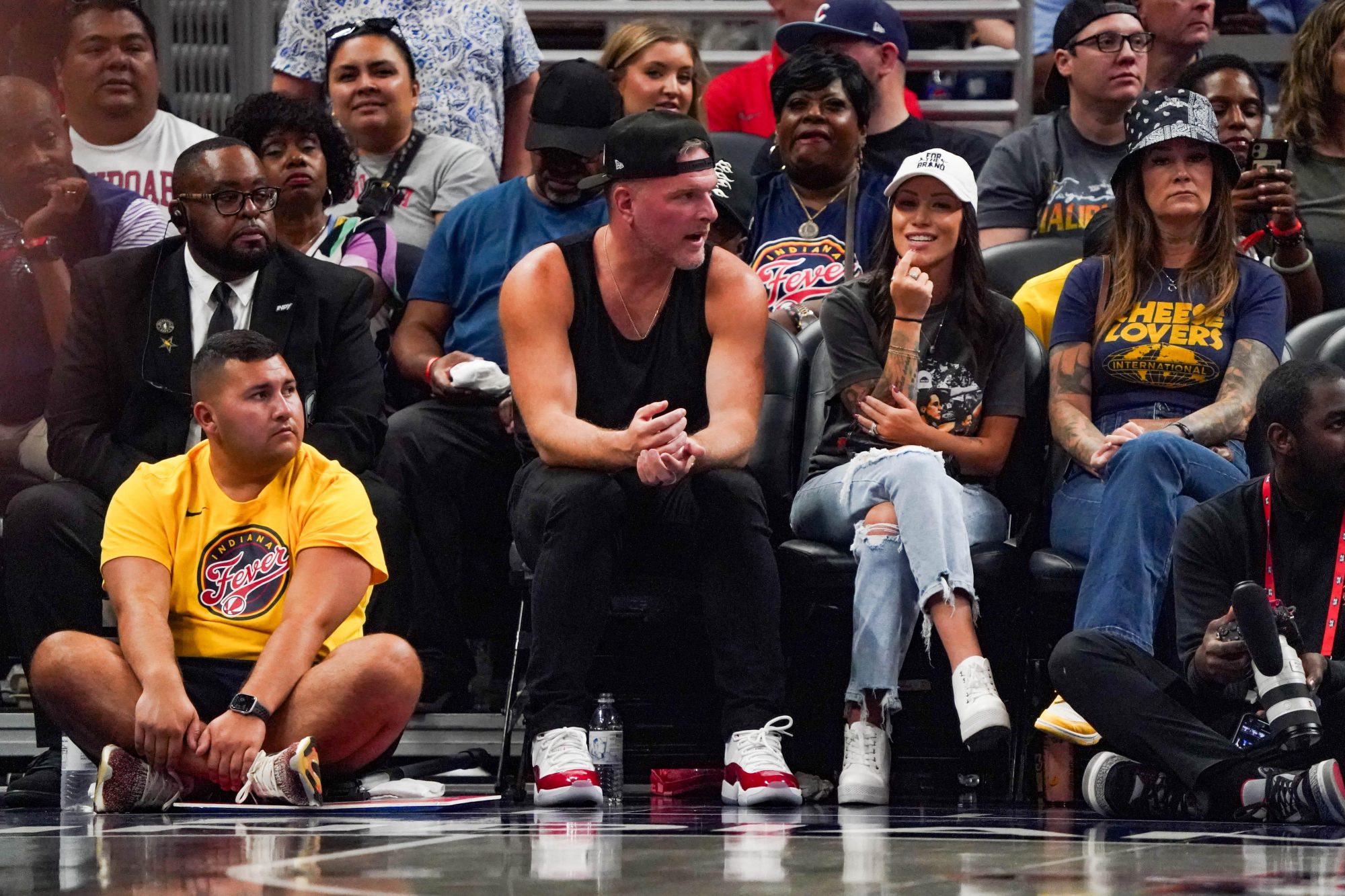
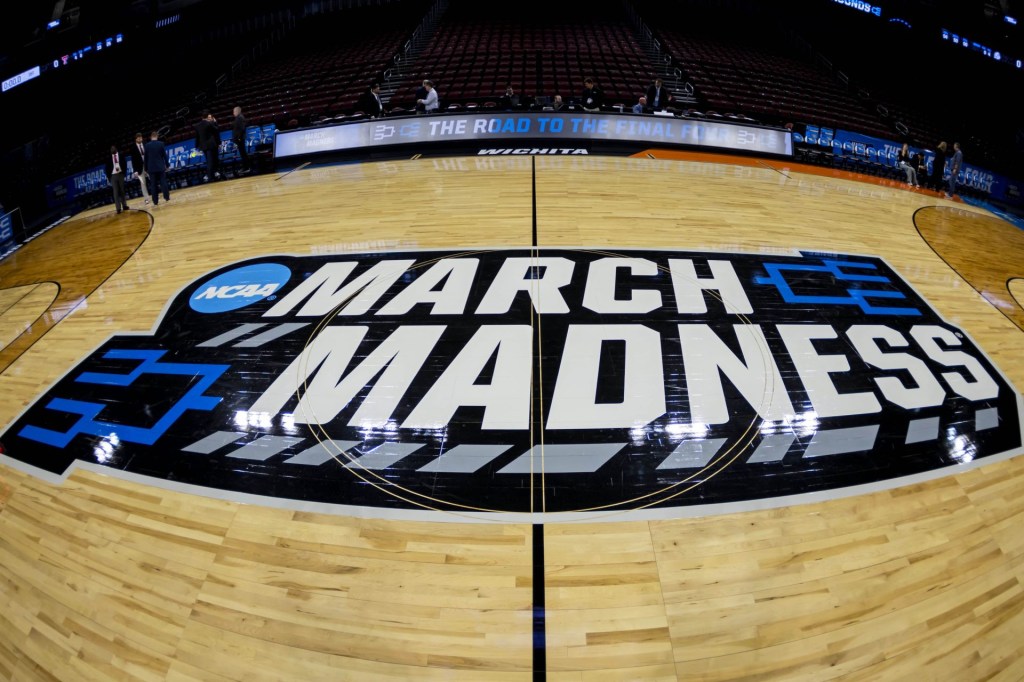
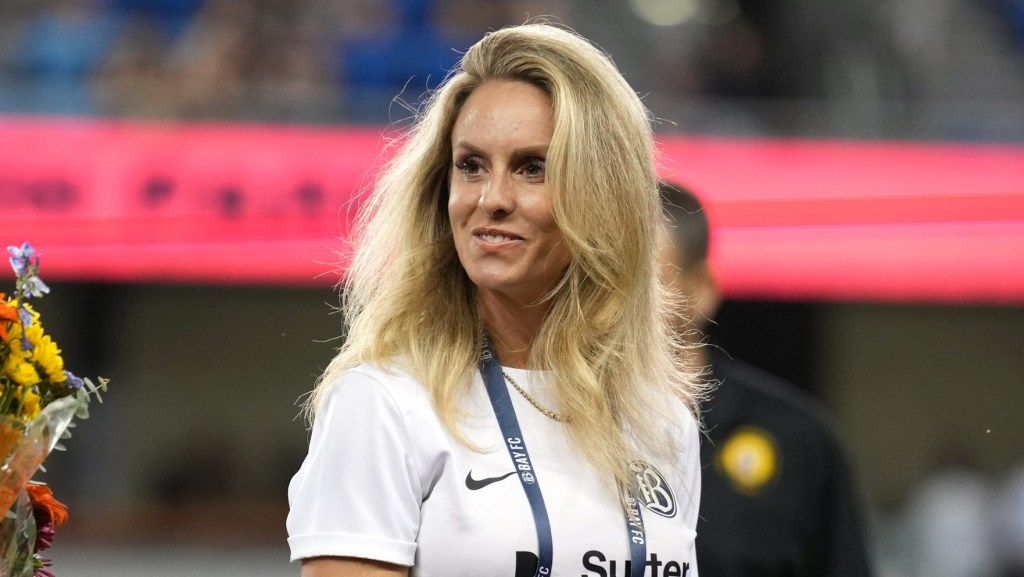
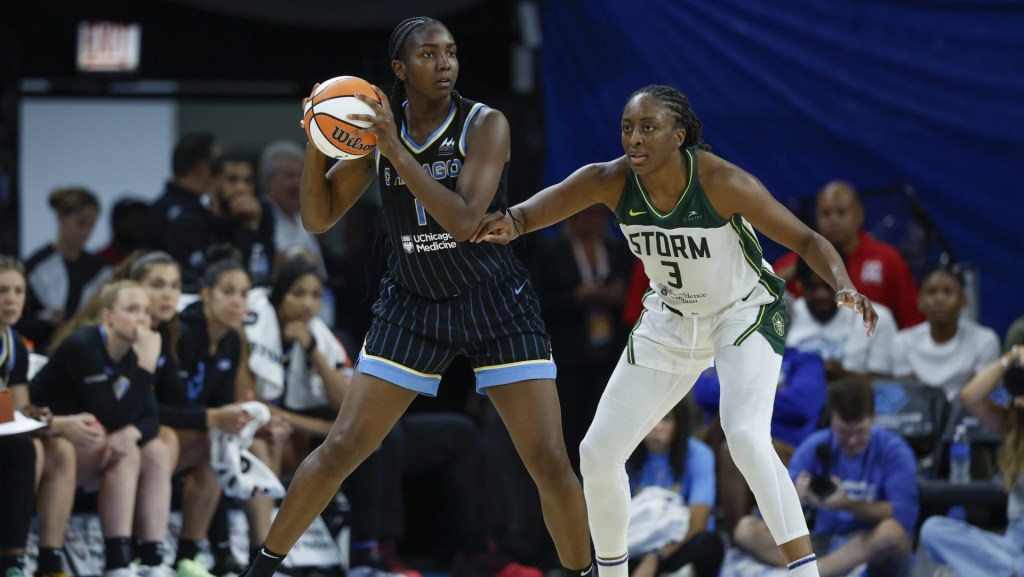
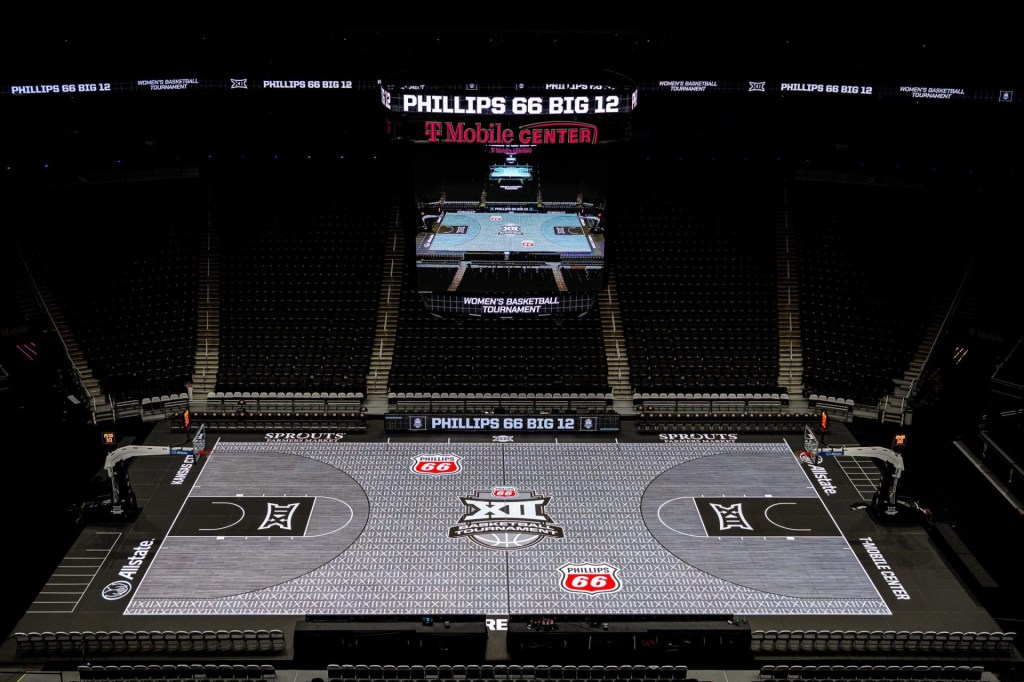
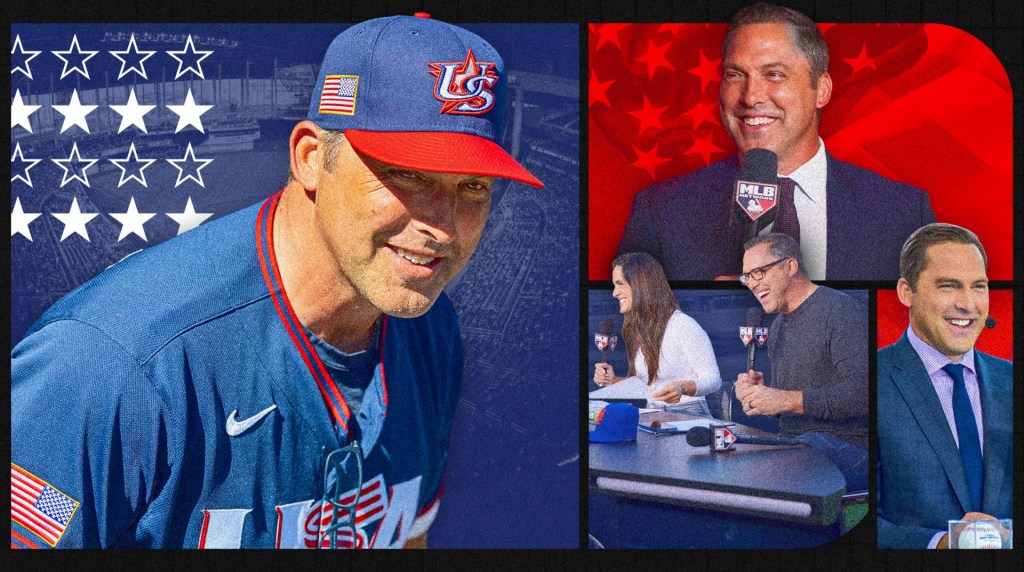


![[Subscription Customers Only] Jun 15, 2025; Seattle, Washington, USA; Botafogo owner John Textor inside the stadium before the match during a group stage match of the 2025 FIFA Club World Cup at Lumen Field.](https://frontofficesports.com/wp-content/uploads/2026/02/USATSI_26465842_168416386_lowres-scaled.jpg?quality=100&w=1024)
